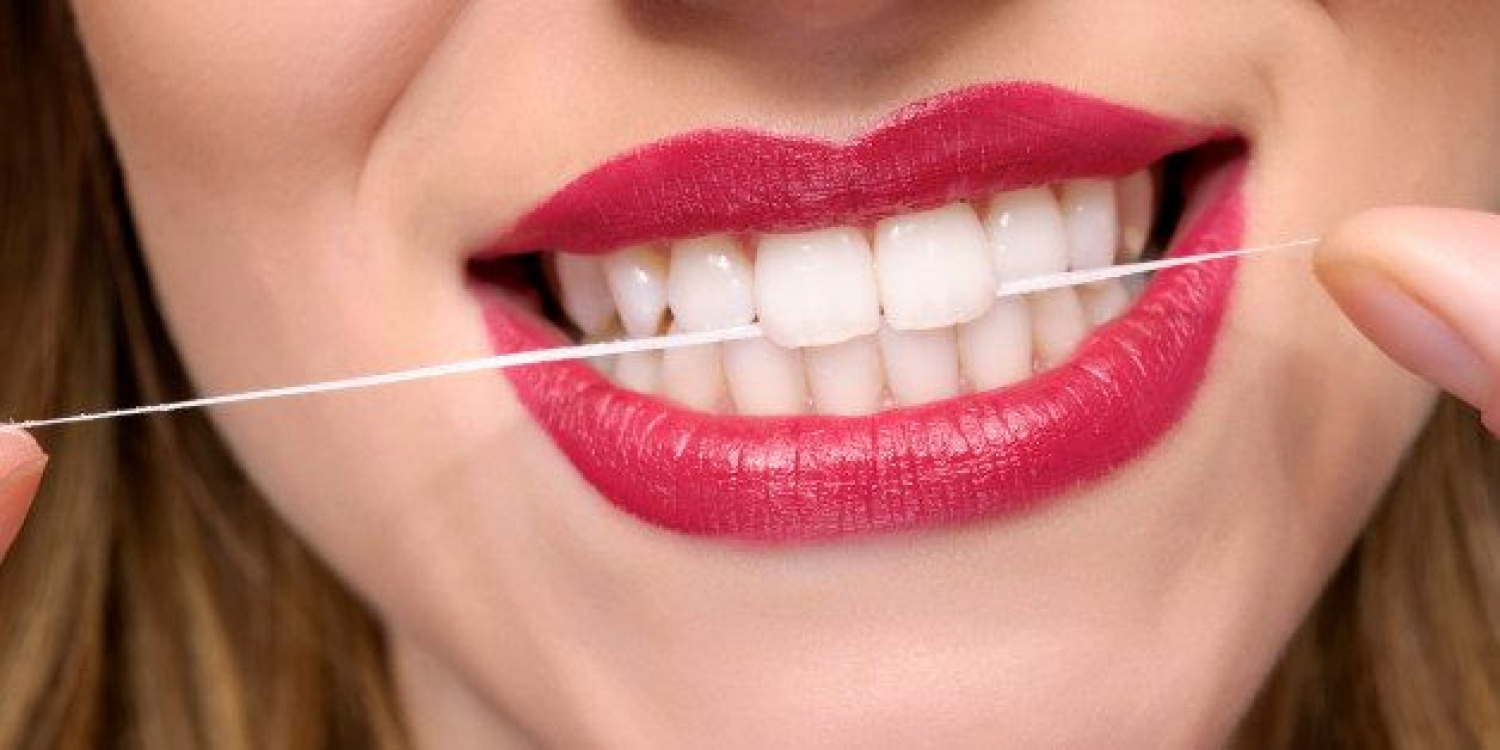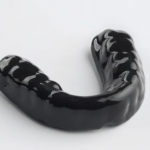Do I really have to floss?

First up let's just be honest, flossing is the other big "F" word that no one wants to hear! But stay with me here because flossing isn’t just important its critically important.
If the thought of flossing gives you hives, stick around- due to modern technology you can get the job done effectively using other more convenient ways too.
How it all works:
If you are brushing your teeth well but not flossing, the simple fact is that there is up to 35% of your tooth structure that you are not cleaning. Brushing alone is like jumping into the shower and only washing 1 armpit! Can't I just brush and mouthwash more?
There are food particles and bacteria in between your teeth just looking to cause you problems. Even the fanciest toothbrush does not reach deep enough in between the teeth. Because plaque bacteria are sticky, they need to be manually dislodged, don’t be fooled into thinking that rinsing with mouthwash will replace flossing sufficiently, it won't.
When these plaque bugs and food debris collect between teeth, the teeth are at a much higher risk of tooth decay. In addition to this, you are also at risk of gum disease. While it's called gum disease, it can in an advanced state loosen teeth and even be bad for the systemic health of your body! This is not something you want and the good news is that these problems are totally preventable.
Away with the excuses:
The 2 most common reasons given to us by patients that don’t floss is that they find it technically challenging (not everyone is extremely dexterous) and having big fingers (yes you heard right, the men try this one mostly). If this is you, please see the section below on flossing alternatives that I think you will find way more appealing.
Reason 2 is that the person's gums bleed when flossing. Healthy gums do not bleed. In almost all cases bleeding gums indicate some level of gum infection. The important thing to remember though is that the bleeding is the body's healing mechanism, and this is NOT the time to stop flossing. Keep going, even if it bleeds. Over a few days of consistent flossing, the bleeding should subside. If it doesn’t you need to check in with your oral hygienist or dentist to see if you need further gum treatment.
Flossing alternatives: "I just can't bring myself to floss"
Thanks to modern technology if the "string" isn’t your "thing" consider a water flosser. These wonderful little machines are available from pharmacies such as Dischem and Clicks. They are chargeable little machines with a cylinder that you fill up at the basin and a thin high-pressure jet nozzle that blasts water between your teeth.
Alternatively, you will find floss-on-a-handle and modern soft silicone dental tooth pics in your local dental section at the pharmacy. While they don’t work for extremely tight together teeth or teeth with very big gaps, they are also an effective option that some people much prefer to flossing.
 |
 |
 |
| Flosser | Water flosser | Floss on a handle. |
The real deal...So what do I do with this floss?
Ideally speaking flossing should be done first, before brushing. While we want you to brush twice a day, flossing once a day is sufficient. We normally encourage flossing with your nighttime brushing session if possible.
Please remember that you have a little gap between the tooth and the gum (yep where that popcorn goes in) -and it's important to gently slide the floss underneath the gum line to clean deeply even if it bleeds in the beginning.
The best way to get flossing right is to see a good demonstration, we would love for you to check out this 1-minute demonstration video below, kindly presented by Colgate to ensure you are using the correct technique.




